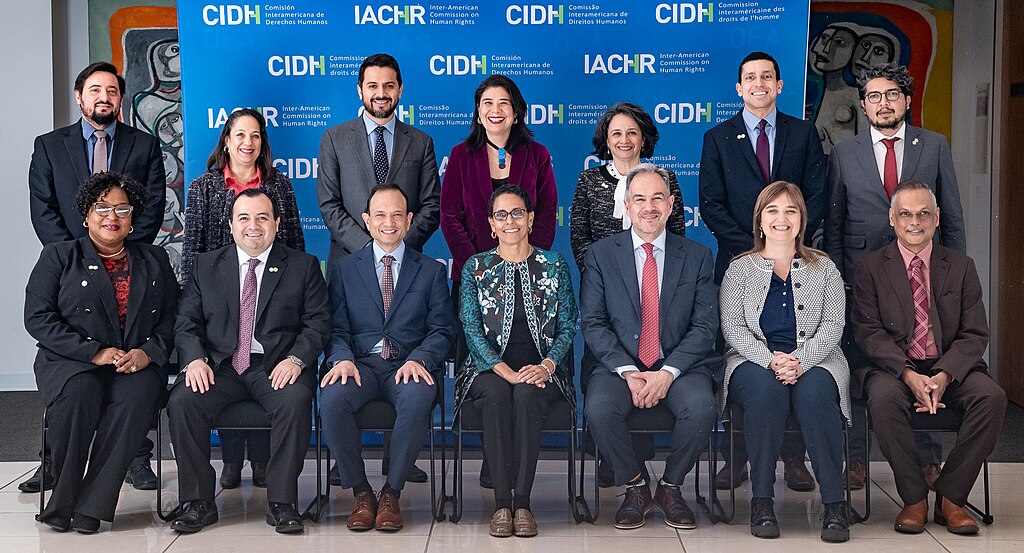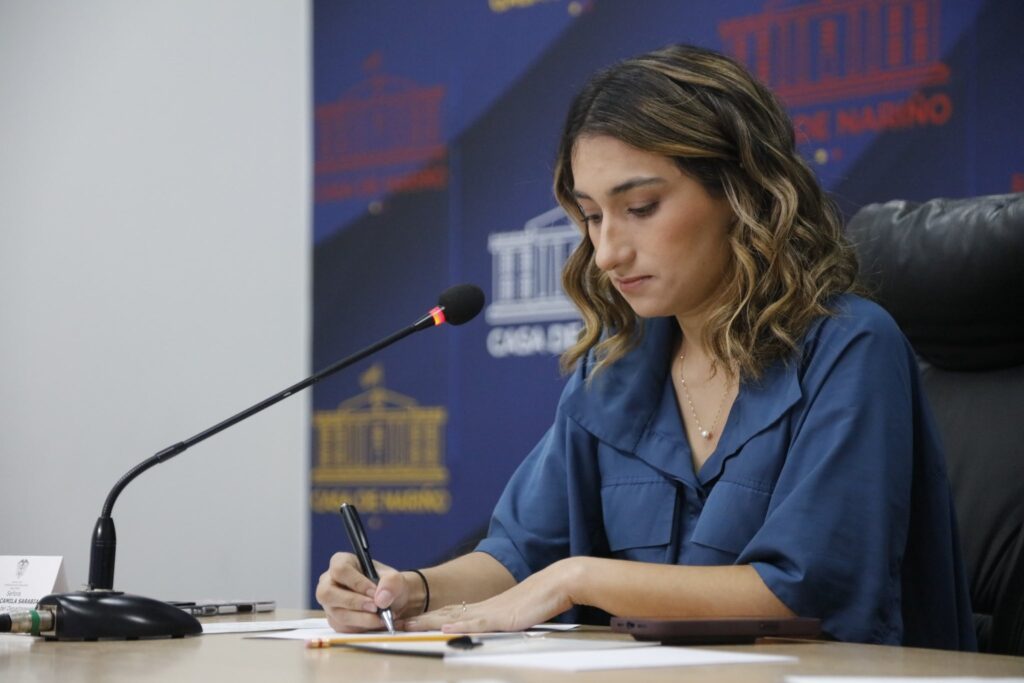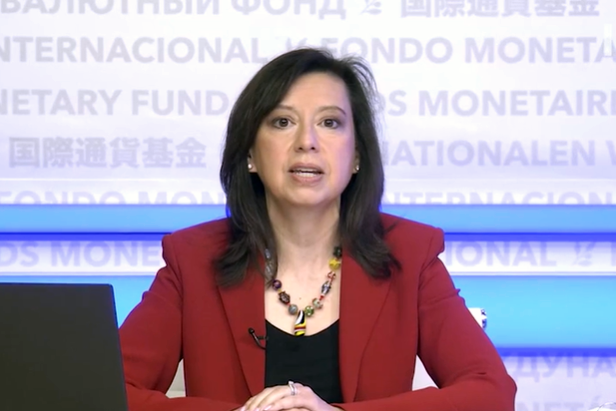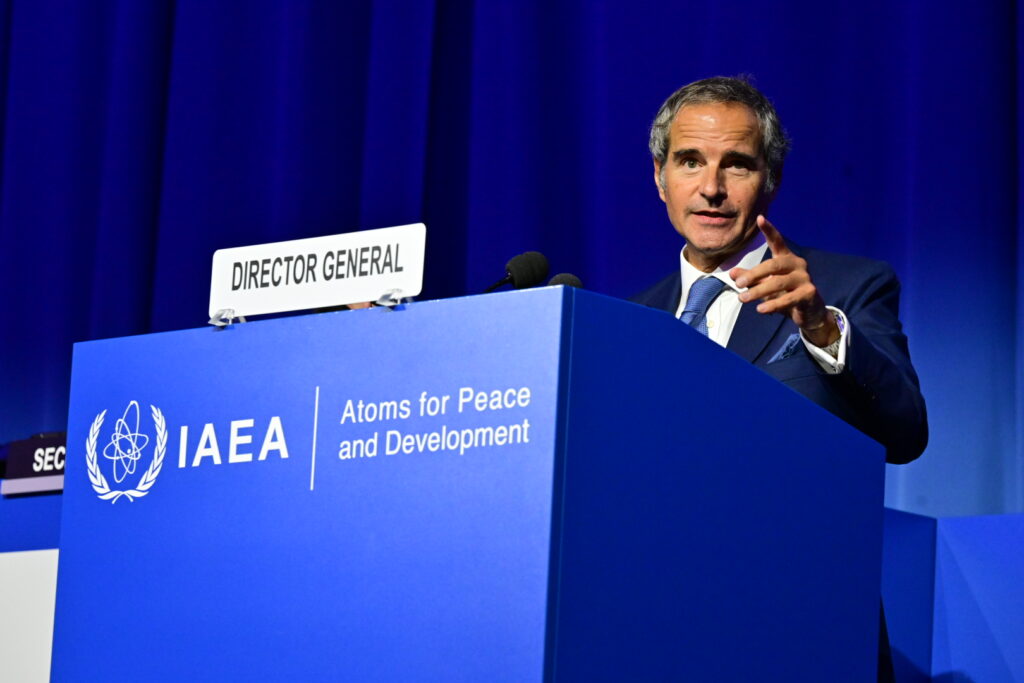Solar panels derived from micro-algae, a program that gives migrants the opportunity to learn how to code, and a way to use discarded prawn shells to help remove polluting textile dyes from waterways were just some of the projects recognized at MIT Technology Review’s Innovators under 35 Latin America 2019 last week.
At the awards ceremony, which was held on January 30 at Mexico City’s Parks BBVA Polanco, 35 finalists were given the opportunity to introduce themselves and their projects. Five winners were chosen from the pool, and will go on to compete in MIT Technology Review’s Global awards.
“This list is prepared to highlight the brightest minds of young innovators who are developing technologies and initiatives to finally solve these great challenges that concern us as a society,” said Beatriz Ferreira, the Latin American director of global consultancy firm Opinno which partnered with MIT Technology Review to produce the awards.
The winning projects focused on practical solutions to address health, climate change—particularly water availability—and social inclusion, and were awarded for Entrepreneur, Pioneer, Humanitarian, Visionary, and Inventor of the Year.
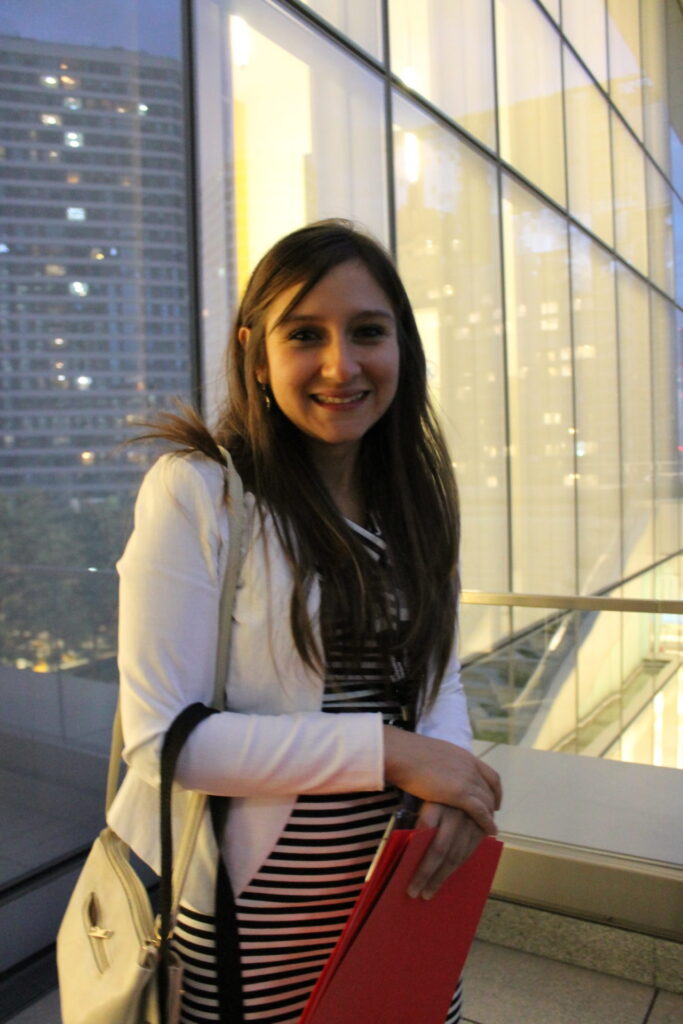
María Isabel Amorín, from Guatemala, received the award for “Entrepreneur of the Year” for extracting biopolymers from prawn shells to absorb dyes from textile factories, a major issue in her home country where textile companies have been accused of leaking chemical waste into local water supplies.
Dr. Bárbara Tomadoni, a scientist at the Universidad Nacional de Mar del Plata in Argentina, was awarded “Pioneer of the Year” for her work developing biodegradable hydrogel capsules from algae and crustacean shells, that dissolve over time to slowly release either water or fertilizer. Currently, many of the hydrogels on the market are made from synthetic materials, and do not decompose entirely.
For his work developing multilingual glasses that use Artificial Intelligence to translate in real time for those with hearing impairments, Leoncio Huamán Peredo, from Peru, was awarded “Humanitarian of the Year.”
Jaime Andrés Pérez, from Colombia, was recognized as “Visionary of the Year” for his collaborative project to monitor water quality in remote communities, holding private businesses and governmental institutions responsible for their water waste.
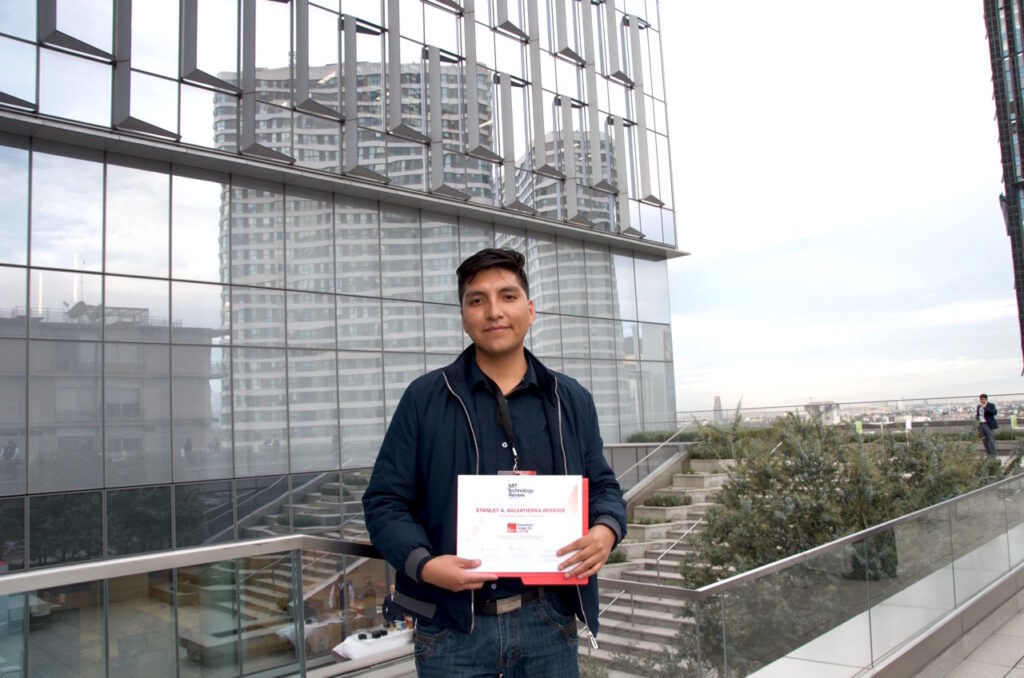
Adán Ramírez Sánchez was awarded “Inventor of the Year” for developing biodegradable solar panels that harness the power of microalgae and nanofluids to clean the air and generate energy at the same time. The green, semi-transparent triangle panels, measuring one meter on each side, will be entirely biogredable, unlike current solar panels on the market, which still generate landfill when they’re discarded. Ramírez Sánchez said he hopes to eventually install sensors in the panels to create a network that can monitor the environment and provide data to address climate change.
For many, working in Latin America presents its own unique opportunities and challenges. Stanley Salvatierra, of Bolivia, was nominated for a project that uses sensors to monitor transport, traffic and crime in urban settings, but as someone asked during the Q&A session, “That works for formal transport, but what about informal transport?” Mariel Pérez Carillo, from Mexico, was nominated for the portable, accessible system she designed to diagnose soil, crops and weather—she likened the invention to going to the doctor, but for farms—but said that one obstacle she faced was a culture where she wasn’t taken seriously as a female scientist. On the other hand, living in Veracruz, she appreciated the opportunity to work directly with those in rural communities, and truly get an on-the-ground perspective of what people need.
Despite these challenges, most of the young inventors cited funding as their next hurdle as they test, develop, perfect and scale their projects, and seemed hopeful about their ability to enact change.
*Latin America Reports is a media partner for Innovators Under 35 LATAM



